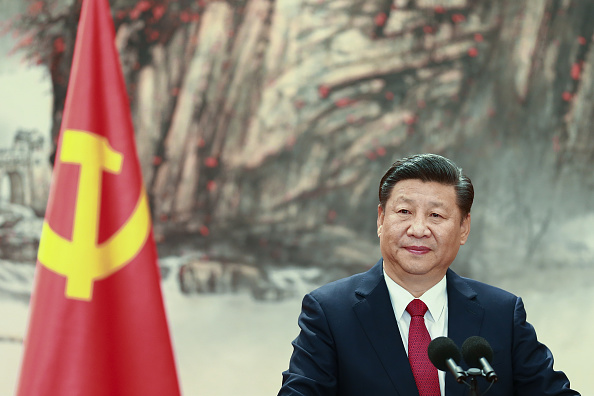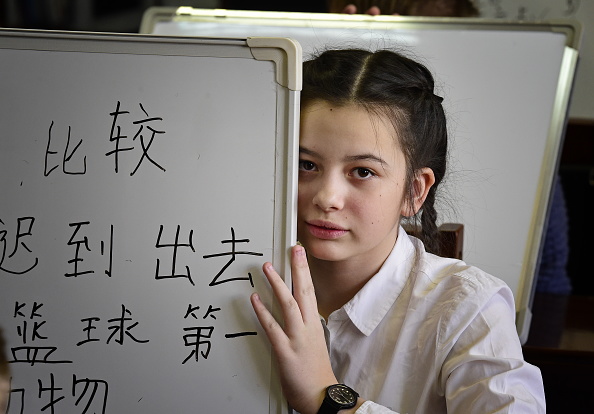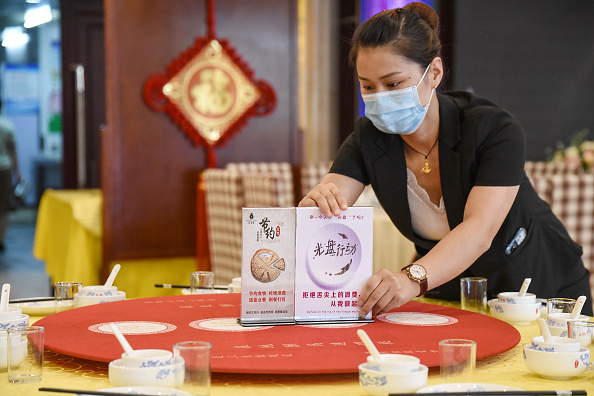
 Domestic Circulation
Domestic CirculationFacing multiple trade wars plus a pandemic, China is looking inward to boost its economy and reduce its dependence on foreign companies, technologies, and markets. President Xi has laid out a vision for China to rely more heavily on domestic production, as it seeks to shore up its economy after a tough first half to the year. Translated as "domestic circulation", the plan aims to transform investment and development from overseas into domestic growth drivers, and will be finalized during October's plenum, where the Chinese Communist Party will lay out its next five-year economic plan.
This continued push by China's central government suggests that Beijing thinks tough restrictions on technology firms such as Huawei may be here to stay. As many American firms seek to move their production away from China, Mexico is pushing its own "relocation strategy" to court U.S. businesses. Japan and a number of countries in Southeast Asia have pursued similar tactics in recent months. Read more about restrictions on Chinese technology from Shang-Jin Wei, Professor of Finance and Economics at Columbia University, on China-US Focus.
 Education or Propaganda?
Education or Propaganda?In its latest provocative move against China, the United States has labeled China's Confucius Institutes as a "foreign mission" and will require staff to comply with regulations similar to those placed on diplomatic embassies. While China says that the Institutes are dedicated to teaching Chinese language and culture in the U.S. and other countries, Secretary of State Mike Pompeo called the educational programs "an entity advancing Beijing's global propaganda and malign influence campaign," and said that programs should be "free from the manipulation of the Chinese Communist Party and its proxies."
In response, China said Washington was "demonizing and stigmatizing" U.S.-China cross-cultural programs. This comes after the United States shut down the Fulbright program in China last month, and the Peace Corps in China earlier this year. Educational exchange is disintegrating as China and the U.S. continue to see tensions flare, complicating Chinese students' plans to study in the U.S.
 Clean Plates
Clean PlatesChina has launched the "Clean Plate Campaign 2.0", in a bid to stop public food wastage. The pandemic and mass flooding across southern China have put pressure on China's food supply, as farms and produce have been destroyed. The introduction of the policy sparked fears that China may be heading for a food crisis, a notion played down by state newspaper Global Times. Covid-19 had "sounded the alarm" on food waste, said President Xi Jinping, describing food waste in the country as "shocking and distressing."
Following Xi's comments, the Wuhan Catering Industry Association proposed an "N minus one" policy at restaurants, so that patrons can only order as many dishes as there are guests, minus one. Anchors on CCTV also criticized vloggers and streamers who participate in food eating challenges to attract viewers, while others proposed that more restaurants offer half-portions and take-away bags.
Prepared by China-US Focus editorial teams in Hong Kong and New York, this weekly newsletter offers you snap shots of latest trends and developments emerging from China every week, while adding a dose of historical perspective.
- 2020-08-07 Fraying Relations
- 2020-08-01 Turning Tides
- 2020-07-24 Up in Smoke
- 2020-07-17 Status Stripped
- 2020-07-10 A Historic Moment
- 2020-07-03 Handover Tested
- 2020-06-27 Relationship Spiral
- 2020-06-20 Bolton Bombshell
- 2020-06-13 Fits and Starts
- 2020-06-06 Confluence of Crises
- 2020-05-29 Questions of Autonomy
- 2020-05-22 Pandemic Decisions
- 2020-05-16 Fractures and Fault Lines
- 2020-05-09 Attacks and Counterattacks
- 2020-05-02 Retaliatory Actions
- 2020-04-24 Sinking Perceptions
- 2020-04-18 Pandemic World
- 2020-04-11 The Long Road Back to Normalcy
- 2020-04-03 Shifting Gears
- 2020-03-28 Cooperation or Confrontation